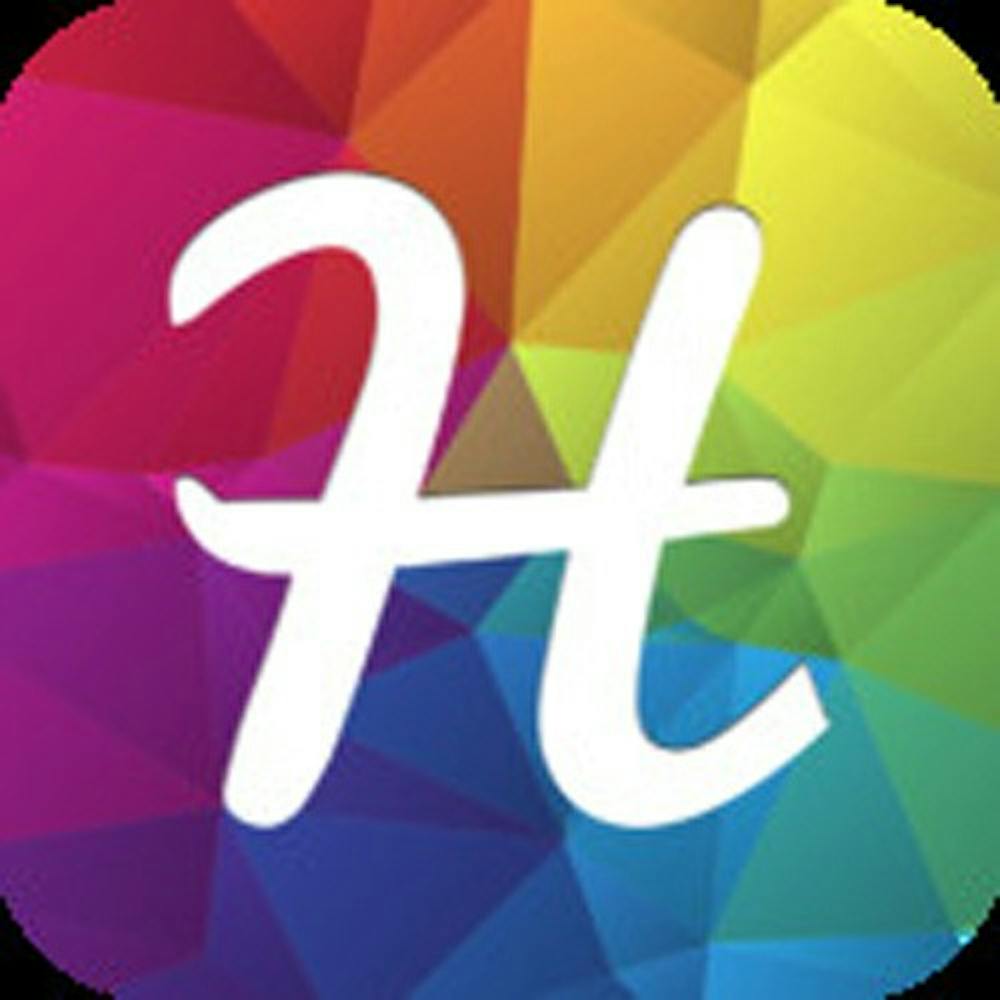The smartest dumb app available: strange smartphone applications
In a culture fixated on, playing with apps is quickly becoming the new national pastime.
However, some apps have become a new way of keeping medical records.
Hula is an app created by three college students that allows people to verify and check someone’s sexually transmitted disease status. The app works by showing users where testing sites are and allowing their results to be sent to their private Hula account.
The app, being unusual and extremely personal, has received mixed reactions.
“I feel like it is a good idea but then it isn’t," said Flushing junior Brooke Rogers. "It’s good for people who have that problem, to help them know where to get tested. Maybe because I would never think to use it, I just think it’s weird."
The company describes the app as a modern version of "I'll show you mine, if you show me yours."
“I don’t know if I would keep that information on my phone," said Portland junior Zachary Goodman. "It’s a good idea so you have all that information on you to show that you are STD free. If you're clean, it’s good, but it could backfire on you.”
Hula’s mission is to help people make better health decisions by providing them with their health information at their fingertips.
“If you’re really worried about that, you probably shouldn’t have sex with a stranger,” Rogers said.
The information can be shared in person or online and users can sign into the app using social media or dating website accounts.
Although Hula claims to be secure and private, the recent hacking of apps, like Snapchat, brings the issue of security into question.
“I don’t know how you can get much more personal than people knowing your STD status. It kind of creeps me out,” said Flushing junior Kathryn Macko. “It’s your medical records, basically, which are confidential. Those kinds of (leaks) happen. Even in hospitals."
The app's purpose aside, it has recently come under fire for a different issue: Its name.
Native Hawaiians are protesting to have the app's name changed to something other than their traditional dance. The name is being called culturally insensitive and insulting.
The creators have issued an official apology but have no intentions of changing the name.
Not just one
Hula is not the first app to raise eyebrows.
App stores are populated with games and lifestyle apps that have people questioning their existence.
Haircaster allows users to check the humidity, rain, wind and temperature before doing their hair. Styling tips are provided based on the individual’s hair type.
“I personally wouldn’t use it, but I think people who are really into their looks might,” Rogers said. "It would be helpful to know if they should just wear a headband. It would save time."
Places I’ve Pooped tracks all the places users have used the bathroom.
“I’ve actually used that," Goodman said. "I don’t anymore because you mostly poop in the same places so the map wasn’t big. I found it on the Chive app. You just drop a pin where you are and can share it with friends and post it on Facebook if you want.”
Other weird apps include a pimple popper, a video of a Japanese girl who watches users when they are alone and “want to feel eyes from somewhere,” and a game designed for cats.
Game For Cats has received attention from the New York Times, L.A Times and ABC News. The game is for iPads and cats chase objects around the screen.
“I don’t see how that would work,” Rogers said. "Cats aren’t really that intelligent"







